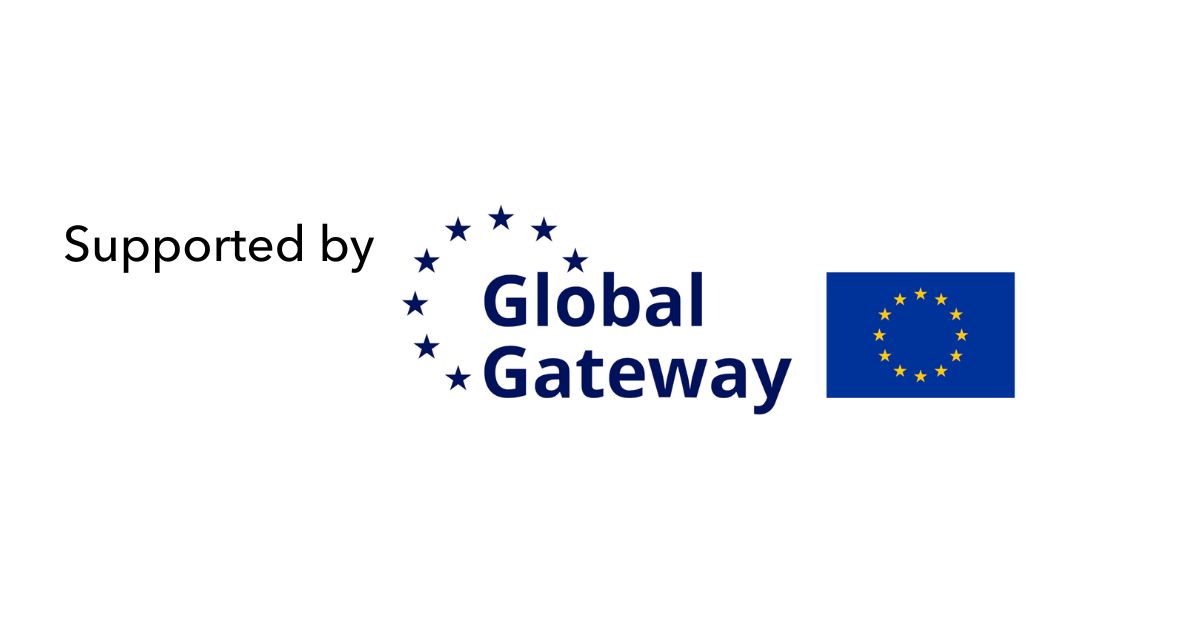Thailand
- Garam Bel
- Angel Draev
- Ghazi Mabrouk
- Harshita Mehta
- Noémie Pralat
Introductory
Event Organizer(s)



Description
This course will provide participants with an introductory exposure to the world of policymaking and electronics producer responsibility in the area of e-waste management, bringing together key learning materials based around the underpinning legal, financial and administrative components of well-functioning e-waste management systems. With the generous support of the Global Gateway initiative of the European Union, participation in this training is provided free of charge for selected applicants, including accommodation, meals (3 lunches and 1 dinner), and other organized activities, including a field trip to an e-waste recycling facility. Participants or their organizations will be responsible for covering their travel expenses to and from Bangkok, Thailand.
The training course is an introductory course targeted to government officials and policymakers working in digital transformation, sustainability, environmental governance, and the management and regulation of old and end-of-life electronic devices.
The maximum number of participants in this course is limited to 30 people.
Members of the above-mentioned target population are invited to apply for the training if they meet the following criteria:
- Hold an undergraduate degree in a relevant field or have a minimum of three years of experience in digital transformation and e-wase-related fields if they do not hold a university degree.
- Possess a fluent level of English.
- Complete the application questionnaire and attach an up-to-date CV, a recommendation letter from their employer, or a motivation letter.
- Government officials and policymakers from developing countries, particularly women, are encouraged to apply.
- Selection will be conducted by the course organizers, who will consider the above entry requirements along with an analysis of the application questionnaire and the recommendation/motivation letter of each applicant.
Upon completion of this course, participants will be able to:
- Apply the basic key terms and principles necessary to take policy issues related to e-waste forward in the respective organization.
- Describe the role that circular economy may play in shaping the economy and society, in particular in relation to the electronics and the ICT sector.
- Outline the e-waste challenge, in particular in the context of its management and regulation.
- Navigate the technicalities of extended producer responsibility (EPR) and the increasingly prominent role it plays in e-waste management.
- Explore different financing systems for e-waste management such as government-led and private sector-led options.
- List the instruments and elements that need to be defined while building an EPR system.
- Plan out the steps required for the e-waste policy and regulation drafting process and the implementation and monitoring phases.
Successful applicants for this training will be requested to familiarize themselves with the below prerequisite materials, which serve as an essential knowledge foundation which the in-person training course materials build on and refer to extensively. This includes during the training, for key elements such as the homework assignments where the below materials will serve as a reference point. Participants are requested to take the following two self-paced e-learnings prior to the training:
- An Introduction to E-waste Policy.
- Deep Dive into the Extended Producer Responsibility Principle for E-waste Management.
Reading materials in preparation for the course and for reference as light-reading homework:
Participants will be required to take part in all the activities of the training course. At the end, participants will receive an ITU certificate of completion. To obtain the certificate of completion, participants will be required to follow minimally 100% of the activities and to have passed the two end-of-day quizzes with a minimum pass grade of 70%. A sign-in sheet will be present for daily registration to track participation. Participants will also form small groups to produce an assessed poster presentation that depicts their ideal e-waste management system and policy priorities for a fictional country in line with pre-set characteristics for each country. Each group will be asked to present their poster at the end of the training course. A minimum pass grade of 70% also applies to the group poster presentation where the group grade will account for the overall grade of each member of the group.









